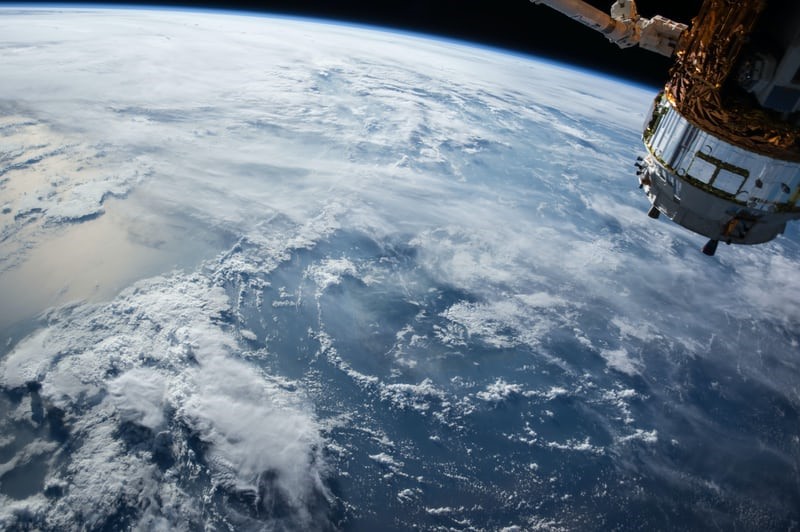Is M.Sc. Geo-informatics the right course for Geology, Geography and Forestry enthusiasts?

Students who pursue this program will get opportunities in Central Govt. organizations like ISRO, DRDO, IMD, NIO, State Govt. Space/Remote Sensing Applications Centres as well as private sector companies
Masters in Geo-informatics is a specialized educational program offered by UPES focused on developing knowledge and skill of students in geo-informatics technology and applications. The program, which covers Geo-informatics technologies such as Aero-space Remote Sensing, Geographic Information System (GIS) and Satellite Navigation System, is offered by the Department of Petroleum Engineering and Earth Sciences. Students with Geology, Geography, Agriculture, Forestry, and related subjects with minimum 50% marks in graduation can apply for this program.
Dr. Pankaj Srivastava, Senior Associate Professor with the department, says, “With the start of this Master’s program, UPES has become the first private University in the country offering both Undergraduate and Post-Graduate educational program in Geo-informatics Engineering. The program has a past track record of 90% plus placement with companies like ESRI India, Shell, TCS, Wipro, Infosys, L&T Infotech, Cybertech Systems and Software, CGI India, Infinium Solution Pvt Ltd. and more.”
Dr. Srivastava explains that M.Sc. Geo-informatics is a two-year program dedicated to developing the theoretical and practical skills of students. Two industrial visits – one to a geospatial industry, the other to a research organization – forms an integral part of this academic program. “The first semester is dedicated to strengthening the knowledge of students in core technological areas of GIS, Aero-space remote sensing and Satellite Navigation System. The second and third semester subjects are focused on techniques of processing and analysis of a variety of remote sensing data, geo-data analysis and modelling for inventory, monitoring and sustainable management of natural resources, environment, utilities and infrastructures. The fourth semester is dedicated to industry internship and project work,” he adds.
The program also covers specialized subjects and topics like Spatial analytics, which deals with Artificial Intelligence and Machine Language, Web GIS, Smart cities, Utility and Health GIS etc. Exposure to these current technological areas, informs Dr. Srivastava, makes students ready to take up challenging roles such as a geo-data analyst. Students will get a first-hand exposure on industry-standard GIS and Digital Image Processing software such as ArcGIS, ERDAS, QGIS, Maptitude and other geological software such as Rockworks and Surpac in the tenure of this course.
The Department has a strong industry-academia collaboration with regular visiting faculties from ONGC, RIL, Infosys and academic MoU with the Australian School of Petroleum Adelaide University, University of California Riverside, Essar Oil and Gas, and Accenture. The department has an industrial and academic collaboration with Infosys Limited for Geo-Informatics educational program. The students who pursue this program, says Dr. Srivastava, will get opportunities in private sector companies as well as Central Government organizations like The Indian Space Research Organisation (ISRO) Centres, National Technical Research Organisation (NTRO), Defence Terrain Research Laboratory (DTRL) of the Defence Research and Development Organisation (DRDO), Natural Resources Data Management System (NRDMS) of the Department of Science and Technology (DST), the India Meteorological Department (IMD), an agency of the Ministry of Earth Sciences, the National Institute of Oceanography (NIO) and State Govt. Space/Remote Sensing Applications Centres.



